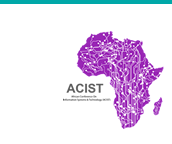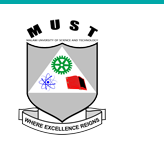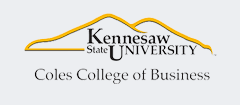Location
Harare, Zimbabwe and Virtual
Start Date
14-9-2023 12:00 PM
End Date
14-9-2023 12:30 PM
Description
Rapid technological developments have enabled users to be supported and guided in decision-making. An example of this is the ability of tertiary students to use technology to explore different career options and make informed decisions about their future. Notwithstanding the increasing use of technology in general, the technology for career guidance and personalized career recommendations in South Africa is still limited. There are some limiting factors such as the ever-looming challenge of limited access to technology, language barriers and cultural differences that are prevalent in rural areas. With this premise, this study collected quantitative data from students at an Eastern Cape University in South Africa, in which the students participated on how they use artificial intelligence tools and technologies in their career choice process. The study highlighted the need for bespoke, locally developed job assessment systems that are more effective and culturally appropriate for a South African university student, particularly in rural areas. Participants would prefer to be engaged, be part of and propose their suggestions on the developed career choice, as current ones do not exactly refer to their context. Tailor made and customized career guidance solutions with Artificial Intelligence (AI) capabilities have more chances of adoption and usage by targeted users
Included in
A Customized Artificial Intelligence Based Career Choice Recommender System for a Rural University
Harare, Zimbabwe and Virtual
Rapid technological developments have enabled users to be supported and guided in decision-making. An example of this is the ability of tertiary students to use technology to explore different career options and make informed decisions about their future. Notwithstanding the increasing use of technology in general, the technology for career guidance and personalized career recommendations in South Africa is still limited. There are some limiting factors such as the ever-looming challenge of limited access to technology, language barriers and cultural differences that are prevalent in rural areas. With this premise, this study collected quantitative data from students at an Eastern Cape University in South Africa, in which the students participated on how they use artificial intelligence tools and technologies in their career choice process. The study highlighted the need for bespoke, locally developed job assessment systems that are more effective and culturally appropriate for a South African university student, particularly in rural areas. Participants would prefer to be engaged, be part of and propose their suggestions on the developed career choice, as current ones do not exactly refer to their context. Tailor made and customized career guidance solutions with Artificial Intelligence (AI) capabilities have more chances of adoption and usage by targeted users



